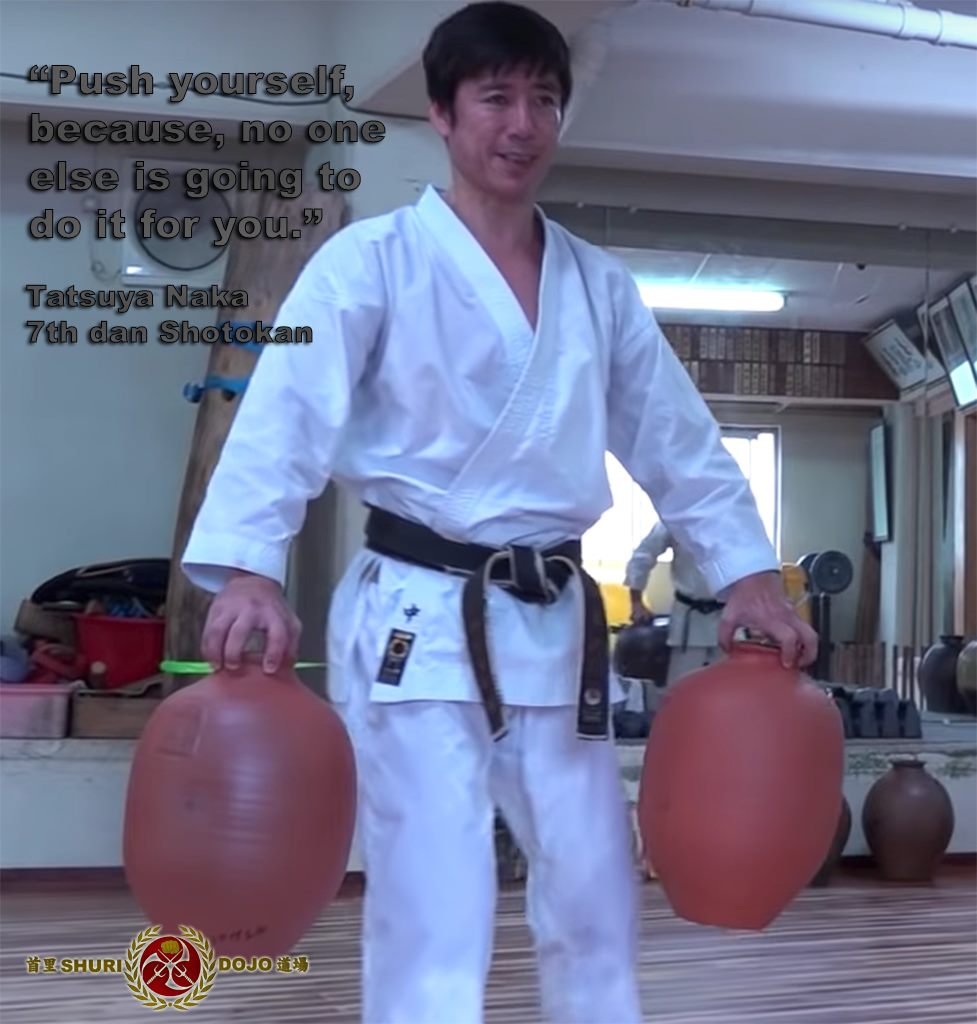
“Push yourself, because, no one else is going to do it for you.” ??
.
Tatsuya Naka 7th dan JKA Shotokan
.
No matter how hard you try, some days, your students aren’t engaged. There’s no way around it. Student apathy occurs when the student believes that their pedagogical success lies completely with the instructor, or maybe they have given up on karate entirely. He or she believes that if the instruction is not exciting or pertinent to their exact interests, it’s not worth paying attention, or it’s not worth trying as hard as they perhaps could.
.
We get it: karate is hard. Students sometimes struggle to see the ‘applications’ of what we learn; if it doesn’t seem to matter directly to their lives, they don’t care.
.
Deep down, students know that they’re not putting in the effort they need to improve. The thing is, our teaching methods are beginning to depend on enticing rewards for them to function in a positive manner.
.
Karate, especially, has a highly delayed reward system, where benefits only come from training for many years. Conversely, as an example, their phones, offer instantaneous ‘reward’, through texts and apps. As students tend to care more about the reward than the process, they subconsciously decide that the phone notifications are much more important than learning a kata, or learning a technique being demonstrated.
.
The process of changing their mindset can be a momentous effort; it’s something that many students either don’t know how to do, or they don’t have the energy to put into change. So until then, they remain on their phones, wondering why we’re still in the dojo, not improving, not moving forward.
.
Karate takes commitment, dedication and effort. Lots of effort. Be prepared for a long journey, not a walk around the block. “There are two types of student at every belt testing. Those who practiced, and those who wish they had practiced.”
.
If you don’t give anything TO karate, don’t expect anything FROM karate.
.
